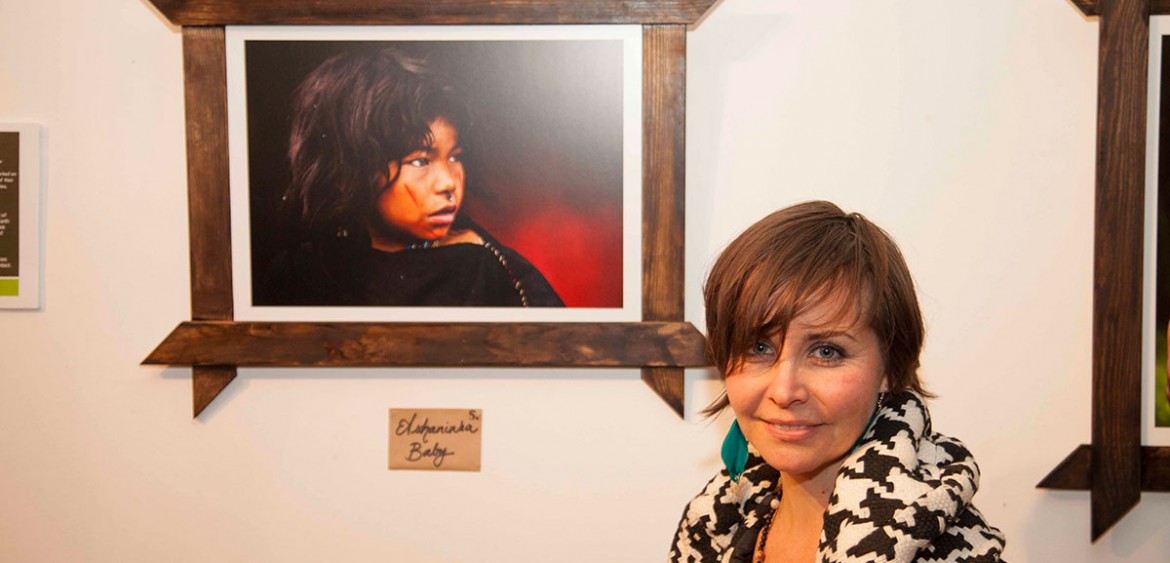We had an amazing turn out to the opening night of Pachamama Exhibition on Thursday, 26 June. Art lovers from all over Sydney came to view images of indigenous peoples of Latin America, by five photographers including me. Each photographer’s set of images illustrated a theme relating to the people’s relationship with Pachamama:
Tradition by Alicia Fox
Displacement by Rodrigo Llauro & Natalia Cartney
Reconnection by Guillermo Rossi
Adaptation by Armando Vega
Relationship by Toril Pursell

Latin musicians creating a wonderful atmosphere for Opening Night
All photos were for sale, with a percentage going to NGOs assisting the people in the photographs. Images (framed and unframed) are still available for purchase, so feel free to contact me if you are interested.
Below is a short excerpt from a call out by Survival International, an NGO working to protect isolated tribes in regions including the Amazon. It explains why rapid action to help vulnerable tribes people is important.
“An alarming number of uncontacted Indians have been sighted fleeing Peru and entering Brazil.
Brazil’s Indian Affairs Department has warned that they face imminent “death” as they enter into the territory of other uncontacted tribes and settled communities. Rampant illegal logging in Peru is believed to be at the heart of this impending disaster.
There are only about 100 uncontacted tribes left in the world today. Introduced diseases are their biggest killer as they lack immunity to viruses such as influenza, measles and chicken pox. It is not unusual for tribes to be virtually wiped out after first contact.
The Panará people of Brazil, for example, were decimated when a highway was bulldozed through their land in the 1970s. Hundreds of road builders moved in, and with them came waves of deadly epidemics. Just 69 Panará survived, out of a population of around 400.
Aké, a Panará leader who survived, recalls this dark time: “We were in the village and everybody began to die. Some people went into the forest and more died there. We were ill and weak and couldn’t even bury our dead. They just lay rotting on the ground.”
We simply mustn’t allow another people to suffer the consequences of our unsustainable appetite for natural resources. Uncontacted tribes add enormously to the diversity of human life. To lose a tribe is to lose a language, knowledge of plants and animals and a view of life that is unique.
They will only survive if their land is mapped out and protected. Survival is campaigning for the Peruvian and Brazilian governments to implement these measures and to honor their promise to improve cross-border coordination to safeguard the tribes’ welfare.
Our recent success in having loggers evicted from the Awá’s land proves that, with enough pressure, we can stop these illegal activities.”






